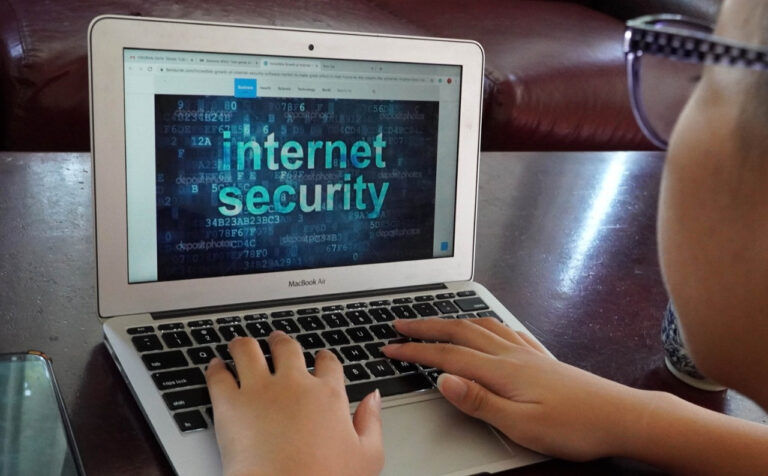The third presidential debate focused largely on defense and foreign policy, but cybersecurity rightfully received some attention. At a time when cyberspace is becoming more vulnerable to online criminal gangs, cyber-mercenaries and state-sponsored cyber threats, the next Indonesian leadership must muster up the political will to ensure that the country’s cyber defense is sufficiently resourced.
A central component of working toward this is deeply incorporating cybersecurity into Indonesia’s foreign policy. This makes former Central Java governor Ganjar Pranowo’s proposal to set up the post of cyber ambassador all the more urgent.
Around the world, countries are setting up dedicated cyber ambassadorships. Among others, Australia, the Netherlands, Mexico and Brazil have appointed cyber ambassadors who lead their country’s diplomatic engagements on cyber matters, ranging from advocating for the application of international law in cyberspace to promoting cyber confidence-building measures.
Recognizing the important role of technology corporations in cyberspace infrastructure, some countries have either expanded the roles of these ambassadors to include a focus on critical technology (like Australia) or have outright appointed an ambassador to overseas tech communities (like the European Union’s Tech Envoy for Silicon Valley).
This distinct role does not exist in Indonesia, as cyber diplomacy is a task that is broadly split between the Foreign Ministry, which leads most of the multilateral engagements on cyber, and the National Cyber and Crypto Agency (BSSN), which leads bilateral cyber engagements, particularly concerning technical cooperation on cyber capacity-building, information sharing and incident response.


